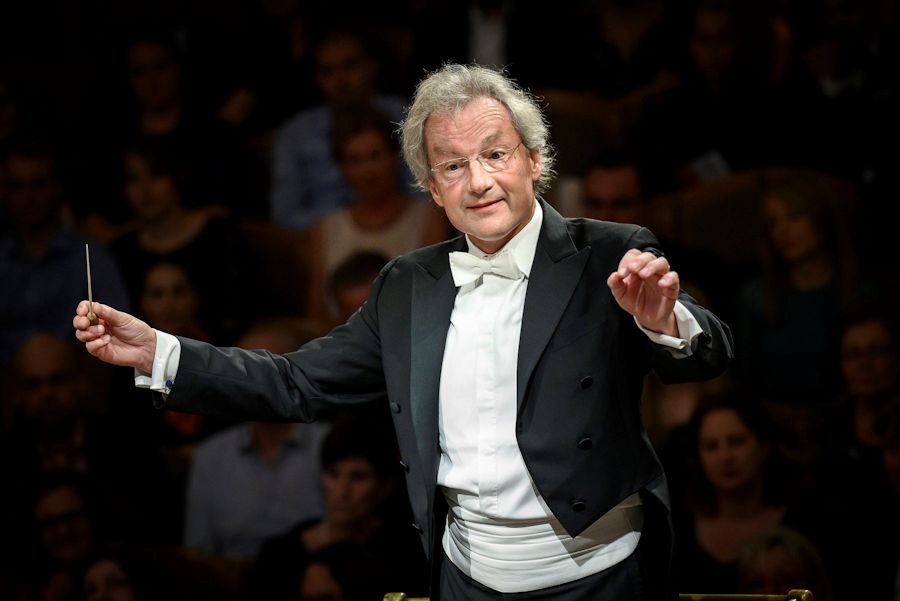

|
Franz Leopold Maria Möst was born in Linz, Austria, and later studied under the composer Balduin Sulzer. As a youth in Linz, he studied the violin and had developed an interest in conducting. After suffering injuries in a car crash that led to nerve damage, he stopped his violin studies and shifted full-time to conducting studies. In 1985, Möst assumed the stage name Welser-Möst at the suggestion of his mentor, Baron Andreas von Bennigsen of Liechtenstein, in an homage to the city of Wels where he grew up. His first major debuts were at the Salzburg Festival in 1985, followed by the London Philharmonic Orchestra in 1986 and the Orchester Musikkollegium Winterthur in 1988. Between 1986 and 1991, Welser-Möst served as the principal conductor of the Norrköping Symphony Orchestra, Sweden, and from 1990 to 1996 he was principal conductor of the London Philharmonic Orchestra.
Welser-Möst made his United States conducting debut with the St. Louis Symphony in 1989. He guest-conducted the Cleveland Orchestra for the first time in February 1993. With the 2002–03 season, Welser-Möst became the seventh music director of the Cleveland Orchestra. His most recent contract extension is through the 2026–27 season. During his tenure, Welser-Möst has led the orchestra's ongoing residency at the Musikverein in Vienna, which began with Welser-Möst's first European tour in 2003. In addition, under Welser-Möst, the orchestra initiated an annual residency at Miami's Carnival Center for the Performing Arts (later renamed the Adrienne Arsht Center for the Performing Arts) in 2007. Under Welser-Möst, the orchestra began presenting regularly staged operas in 2009, reviving a practice by his predecessor Christoph von Dohnányi. These concert opera presentations have included a three-year cycle of the Mozart/Da Ponte operas, Le nozze di Figaro, Don Giovanni, and Così fan tutte, Richard Strauss's Salome (2011–2012), Janáček's The Cunning Little Vixen (2013–2014 and 2017–2018), Strauss' Daphne (2014–2015) and Ariadne auf Naxos (2018–2019), Bartók's The Miraculous Mandarin and Bluebeard's Castle in the 2015–16 season (a collaboration with the Joffrey Ballet), and Debussy's Pelléas et Mélisande (2016–17). Welser-Möst published his autobiography, Als ich die Stille
fand: Ein Plädoyer gegen den Lärm der Welt, in 2020; it
was published in English in May 2021 under the title From Silence:
Finding Calm in a Dissonant World. During his tenure with the LPO, Welser-Möst had established an exclusive recording contract with EMI. His 1996 recording of Franz Schmidt's Symphony No. 4 [shown above] received the Gramophone Award for Best Orchestral Recording. The CDs of Anton Bruckner's Mass No. 3 and Te Deum and works of Erich Wolfgang Korngold both received Grammy Award nominations for "Best Classical Album." EMI struck a similar deal with Welser-Möst to record performances at the Zürich Opera and has released a number of DVDs of his Zürich opera productions. In 2008, EMI reissued many of Welser-Möst's earlier recordings in an eight CD set. In October 2007, Deutsche Grammophon released the first commercial recording featuring Welser-Möst with the Cleveland Orchestra, Beethoven's Symphony No. 9. This recording was soon followed by a disc of Richard Wagner Lieder performed by the orchestra and soloist Measha Brueggergosman. Several DVDs have been issued as well, including Bruckner's 7th and 8th symphonies, at Severance Hall, and the 5th and 4th at the St. Florian Monastery. In 2020, Welser-Möst and The Cleveland Orchestra released a three-disc recording featuring works from the past three centuries, The Cleveland Orchestra: A New Century, the first recording on the orchestra's own in-house label. |
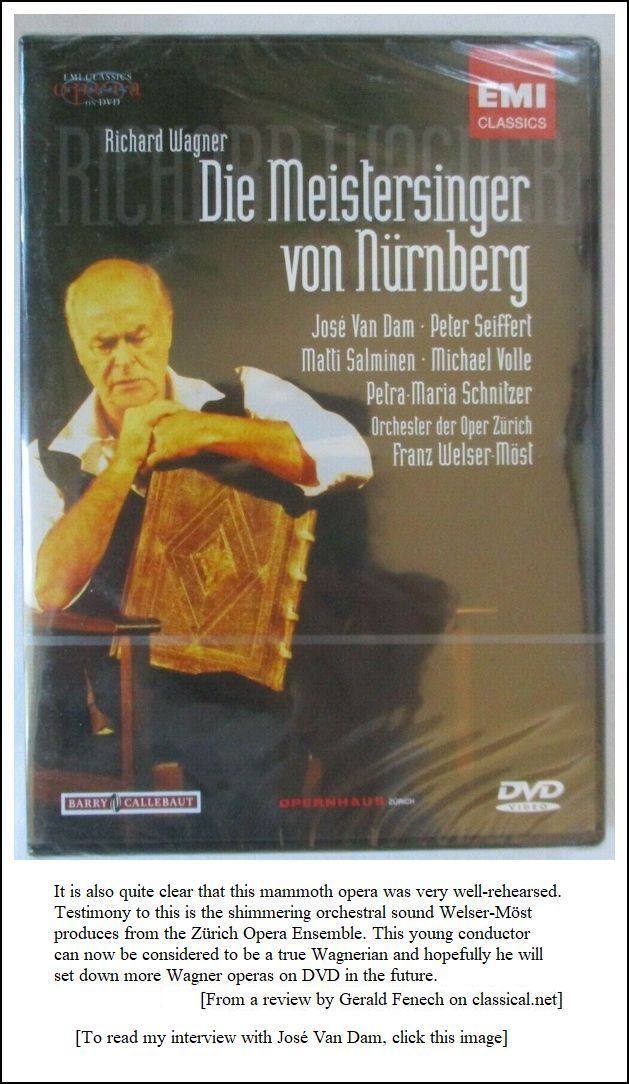

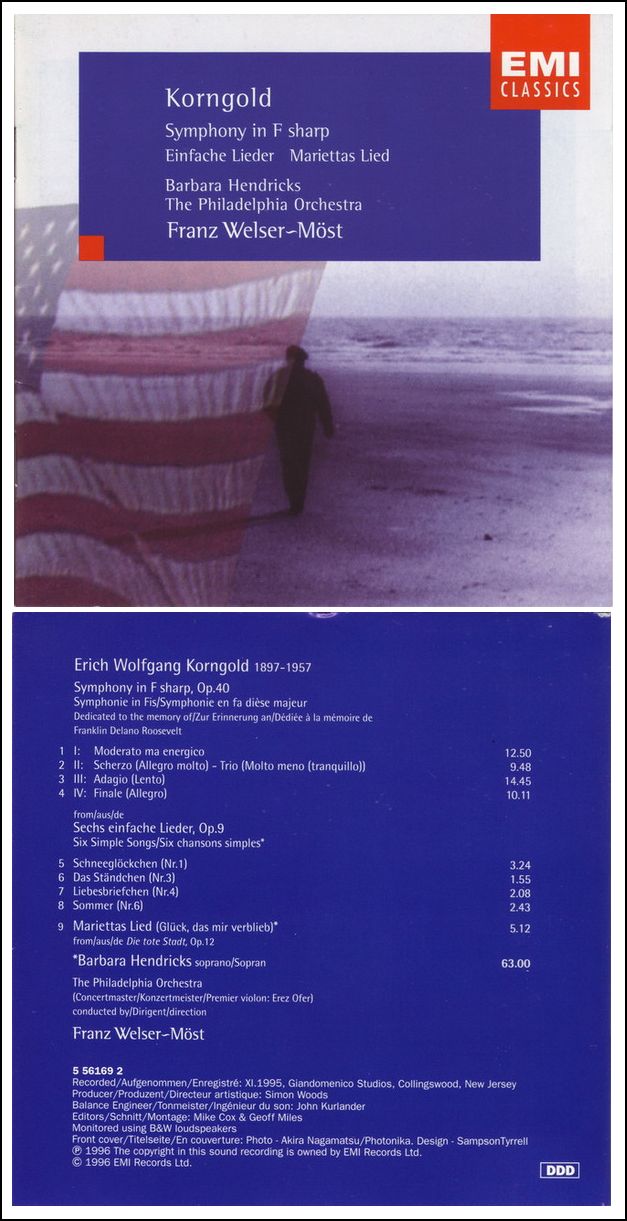
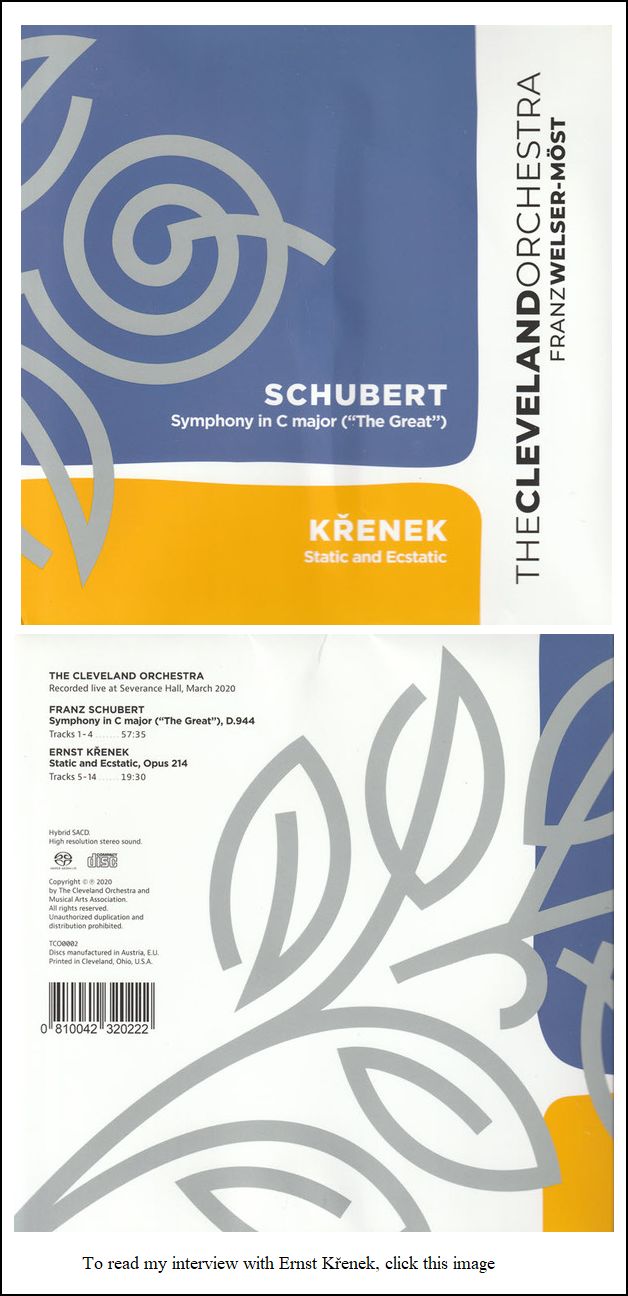
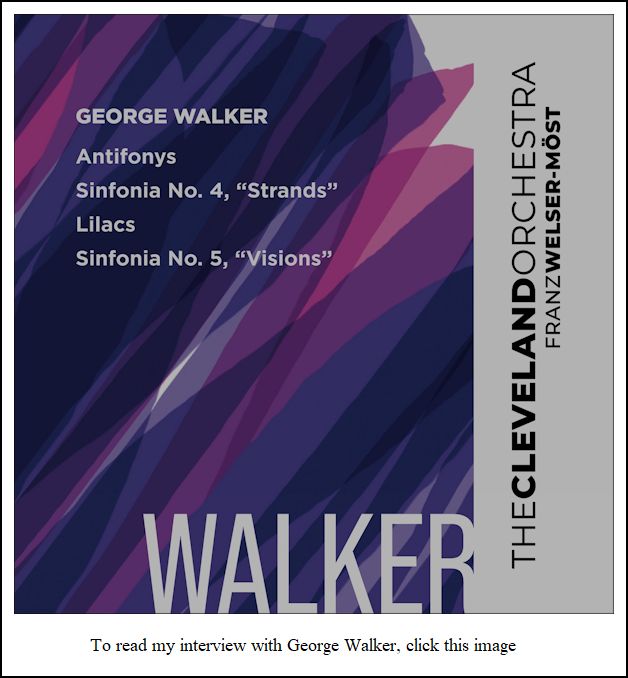
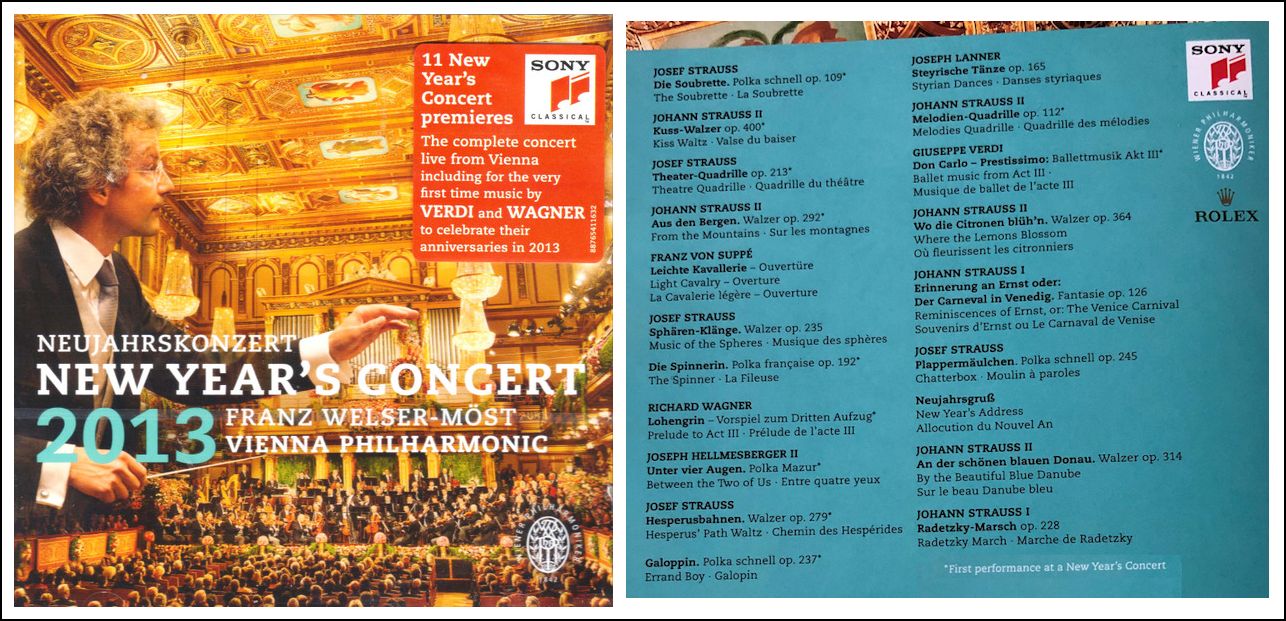
|
Michael Christie (born June 30, 1974 in Buffalo, New York) is a Grammy-winning American conductor.
Christie was the music director of the Colorado Music Festival in Boulder from 2000 to 2013. He is credited with nearly doubling attendance and revenue at the festival during his tenure. He then took the title of music director laureate of the festival. In December 2004, Christie was appointed music director of the Phoenix Symphony. In August 2005, Christie was named the 5th music director of the Brooklyn Philharmonic, with his first concert in February 2006. His Brooklyn Philharmonic tenure concluded in June 2010. In January 2012, Christie was announced as the next music director of Minnesota Opera. In parallel, he concluded his Phoenix Symphony tenure in 2013, at which time he took the title of music director laureate, for a three-season term. With the Phoenix Symphony, Christie has recorded music of Mark Grey for Naxos Records. Christie began his tenure as music director of the Minnesota Opera with the 2012–2013 season. In February 2014, Michael Christie's contract with the Minnesota Opera was extended to the 2017–2018 season. With the Minnesota Opera, Christie has conducted world premieres of new three operas, commissioned by the Minnesota Opera as part of its New Works Initiative: Kevin Puts' Silent Night (2011), which won the Pulitzer Prize in music; Puts' The Manchurian Candidate (2015); and Paul Moravec's The Shining (2016). Christie concluded his music directorship of Minnesota Opera at the close of the 2017-2018 season. Christie won a 2019 Grammy Award (Best Opera Recording) for the world premiere recording of Mason Bates’ The (R)evolution of Steve Jobs with The Santa Fe Opera (PENTATONE). In 2017, he led the world premiere performances at The Santa Fe Opera. In 2019, Christie was appointed Music Director of the New West Symphony, serving the greater Los Angeles area in Thousand Oaks and Oxnard, California. Outside of the USA, Christie was chief conductor of the Queensland Orchestra from 2001 to December 2004. While in Australia, Christie met his future wife Alexis, a medical doctor. The couple married in 2006, and they have two children. The family resides in Minneapolis |
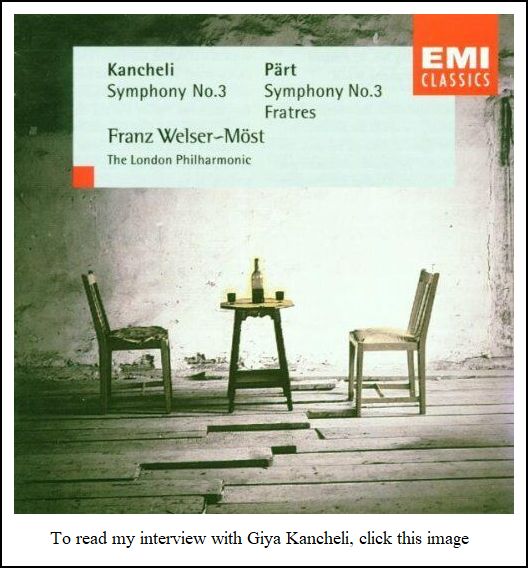
© 1998 Bruce Duffie
This conversation was recorded in Chicago on May 19, 1998. Portions were broadcast on WNIB in 2000. This transcription was made in 2022, and posted on this website at that time. My thanks to British soprano Una Barry for her help in preparing this website presentation.
To see a full list (with links) of interviews which have been transcribed and posted on this website, click here. To read my thoughts on editing these interviews for print, as well as a few other interesting observations, click here.
Award - winning broadcaster Bruce Duffie was with WNIB, Classical 97 in Chicago from 1975 until its final moment as a classical station in February of 2001. His interviews have also appeared in various magazines and journals since 1980, and he now continues his broadcast series on WNUR-FM, as well as on Contemporary Classical Internet Radio.
You are invited to visit his website for more information about his work, including selected transcripts of other interviews, plus a full list of his guests. He would also like to call your attention to the photos and information about his grandfather, who was a pioneer in the automotive field more than a century ago. You may also send him E-Mail with comments, questions and suggestions.